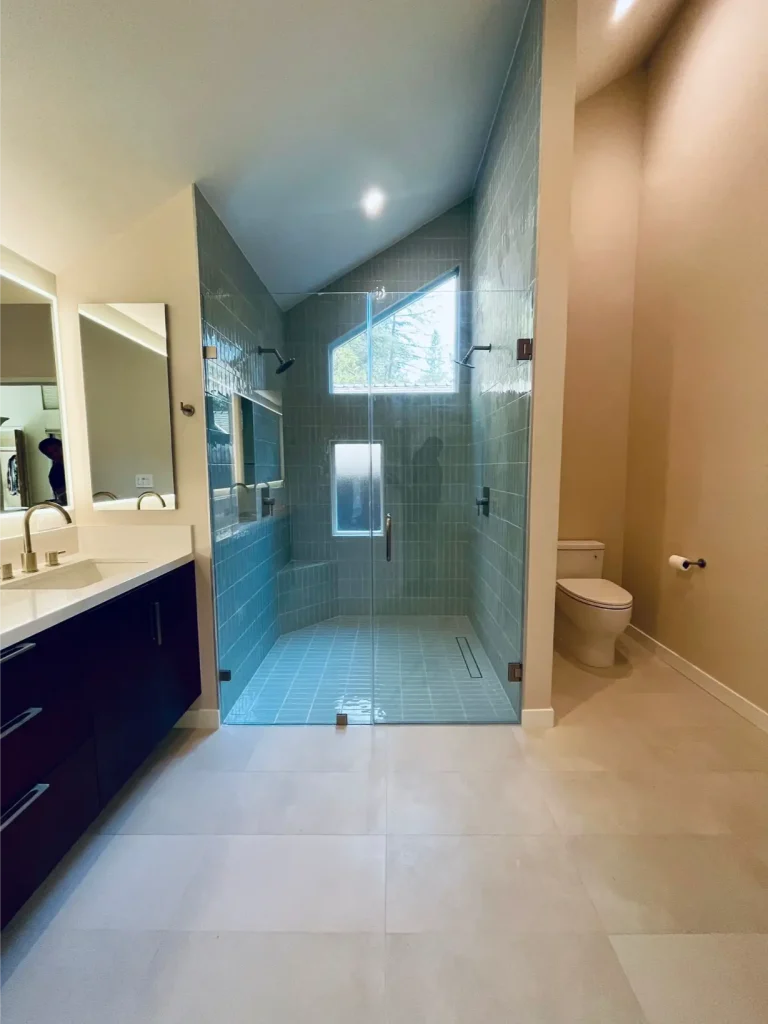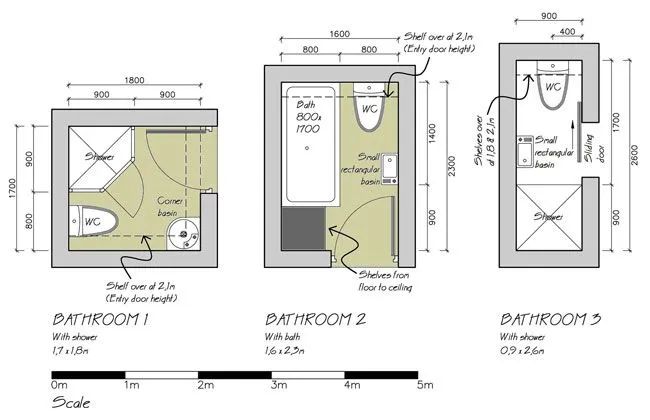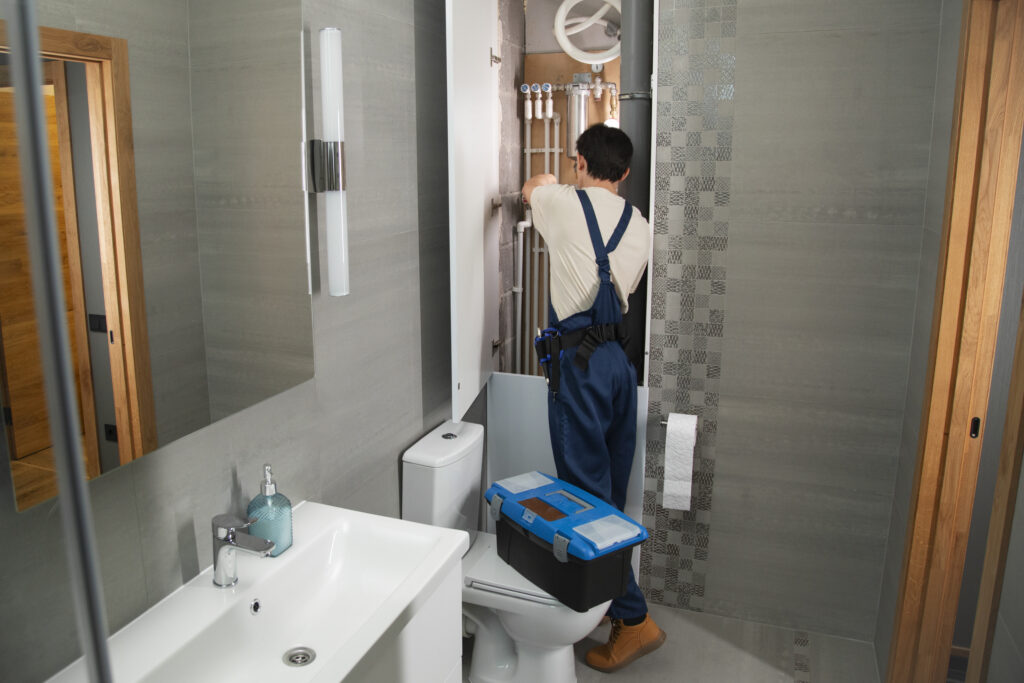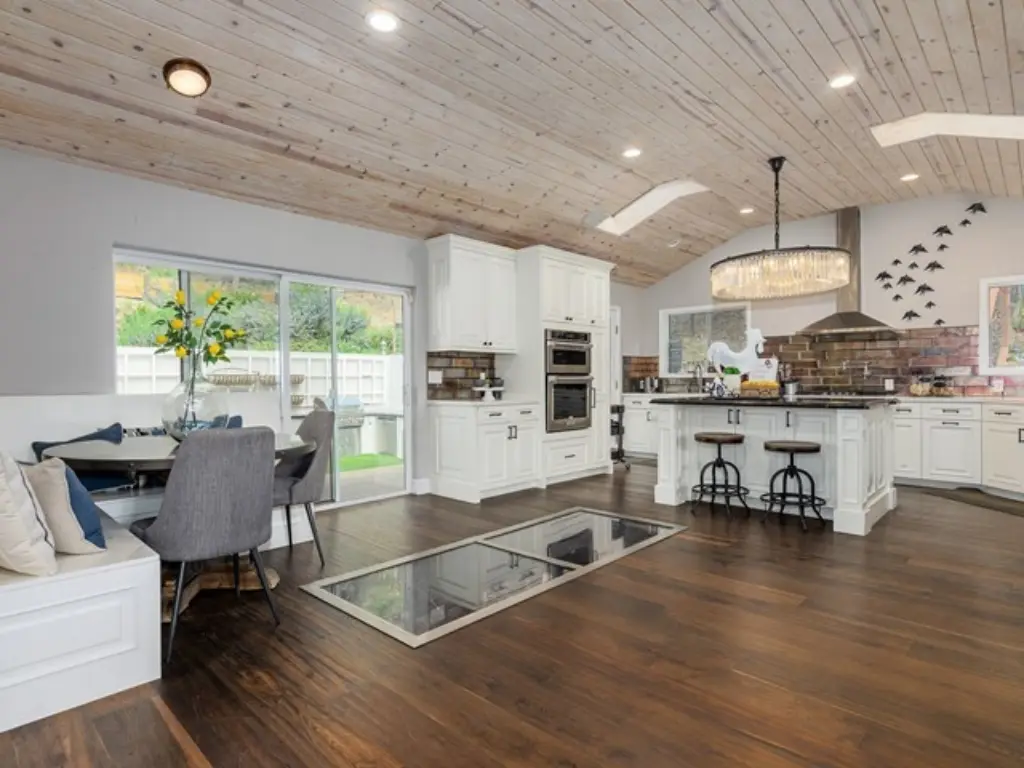Your home should feel like your sanctuary. When you walk through your door, you want spaces that work perfectly. Maybe your kitchen feels cramped when cooking dinner. Perhaps that bathroom from 1985 needs updating. Whatever changes you’re dreaming about, residential remodeling can transform your living space into something amazing. Let’s explore how to get started.
Planning Your Residential Remodeling Project
Before swinging any hammers, you need a solid plan. Start by walking through your home with fresh eyes. What bugs you every day? Make a list of everything you’d change. Then, get realistic about your budget. Most homeowners spend between $20,000 and $75,000 on residential remodeling projects.
Next, think about your timeline. Living through construction isn’t fun, trust me. Some projects take weeks while others stretch into months. Consider how disruptions will affect your daily routine. If you’re updating the kitchen, where will you cook? Planning these details now saves headaches later.
Research local building codes too. Many improvements require permits. Your city’s building department can tell you what’s needed. Skipping permits might seem easier, but it causes problems when selling your home. Smart residential remodeling always follows the rules.
DIY vs Professional Residential Remodeling
We all love those TV shows where people transform rooms overnight. Real life works differently though. Some projects make perfect DIY sense. Painting walls, installing shelves, or updating cabinet hardware? Go for it! These tasks save money and give you satisfaction.
But here’s where it gets tricky. Electrical work, plumbing changes, and structural modifications need professionals. I’ve seen too many DIY disasters. One friend tried moving a wall himself. Turns out it was load-bearing. The repair bill? Triple what a contractor would have charged for the residential remodeling job.
Think about your skills honestly. YouTube teaches a lot, but some jobs need years of experience. Your time has value too. That bathroom renovation might take you six weekends. A pro crew finishes in three days.
Why Hiring An Expert In Residential Remodeling Is Worth It
Professional remodelers bring more than just tools to your project. They have relationships with suppliers, getting materials at better prices. They know which products last and which ones fail quickly. Their experience helps avoid costly mistakes that plague first-timers.
Good contractors also handle the paperwork nightmare. They pull permits, schedule inspections, and coordinate subcontractors. You won’t juggle electricians, plumbers, and tile installers yourself. Plus, licensed professionals carry insurance. If something goes wrong during residential remodeling, you’re protected.
The finished quality speaks volumes too. Professionals deliver clean lines, perfect corners, and seamless transitions. Their work adds real value to your property. When you sell, buyers notice professional craftsmanship immediately.
General Contractor Vs Remodeler: Is There A Difference?
These terms confuse many homeowners, but they’re different roles. General contractors manage large projects, often new construction. Remodelers specialize in updating existing spaces. They understand how to work with older homes. They match new work to existing structures perfectly. Choose based on your project’s scope.
Home Improvement With A Residential Remodeler
Working with a remodeler turns your vision into reality. They start by understanding your goals and lifestyle needs. Good ones ask questions you haven’t considered. How much storage do you really need? Will your family grow? Do you entertain often?
Quality residential remodeling professionals typically handle:
- Kitchen and bathroom complete overhauls
- Room additions and basement finishing
- Energy-efficient upgrades like windows and insulation
- Flooring replacement throughout your home
- Outdoor living space creation
They also spot problems hiding behind walls. Water damage, outdated wiring, or pest issues often surface during projects. Experienced professionals know how to handle surprises. They’ve seen it all before and keep your budget on track.
Transform Your Home: Start Your Remodel Today
Ready to begin? Start collecting inspiration from magazines and websites. Create a vision board showing styles you love. Interview at least three contractors before choosing one. Check their licenses, read reviews, and visit completed projects if possible.
Don’t rush this decision. The right team makes residential remodeling smooth and enjoyable. They communicate clearly, respect your home, and deliver on promises. Your dream home is closer than you think. With proper planning and the right professionals, you’ll transform your space perfectly.
Take that first step today. Your future self will thank you for investing in quality work.
Frequently Asked Questions
How much should I budget for residential remodeling beyond the contractor's estimate?
Add 10-20% to your contractor’s estimate for unexpected issues. Older homes often hide surprises like outdated wiring or water damage. Also budget for temporary living arrangements if needed, eating out during kitchen renovations, and those little extras you’ll inevitably want. Having this cushion prevents stress when (not if) surprises pop up during your project.
When's the best time of year to start residential remodeling?
Spring and summer offer ideal weather for exterior work and additions. However, contractors are busiest then, charging premium rates. Fall and winter mean better pricing and availability, plus indoor projects aren’t weather-dependent. Avoid starting right before holidays though. Plan kitchen renovations for after major cooking holidays. Book contractors 2-3 months ahead regardless of season.
How do I know if a residential remodeling contractor is trustworthy?
Check their license status online through your state’s contractor board. Request three recent references and actually call them. Look for consistent BBB ratings and Google reviews spanning years, not months. Trust your gut during meetings. Good contractors answer questions patiently, provide detailed written estimates, and never pressure immediate decisions. Avoid anyone requesting full payment upfront.








